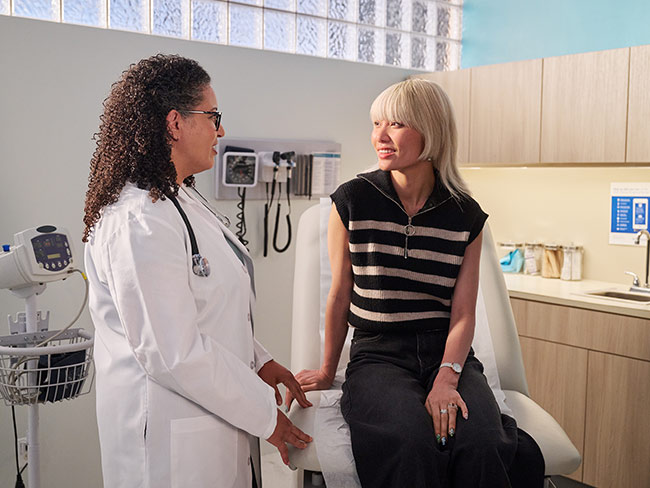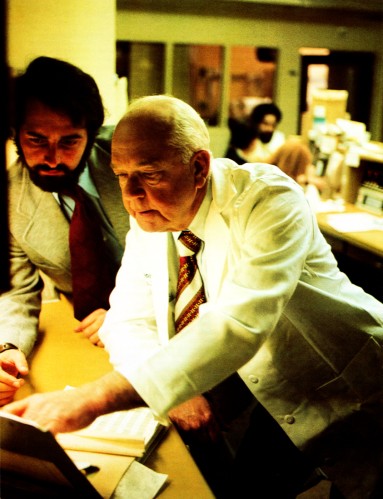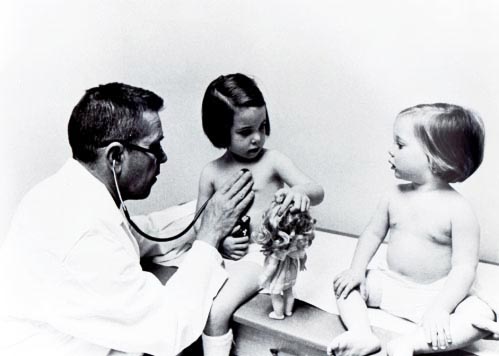Medical device tracking improves patient care
We track performance and safety to improve care for our members. We share our knowledge to support better health for all.
Medical devices, such as artificial joints used for knee replacements, can sometimes cause issues. We find out which devices are working well — and which aren’t.
Millions of Americans rely on medical devices for better health. Medical devices include a wide range of products, such as pacemakers, artificial joints, and hearing aids.
These devices play a vital role in health care. They can even save lives. But medical devices may also be responsible for more than 1.7 million injuries over the last decade.
The U.S. Food and Drug Administration, device manufacturers, and health care clinicians often struggle to evaluate the safety of these devices.
Tracking the success of medical devices
To improve patient safety, we use medical device registries. Registries collect and track data about medical devices.
At Kaiser Permanente, our medical device registries use data from our vast electronic health record system. Because many of our patients have been Kaiser Permanente members for many years, we can track device safety and effectiveness over years and even decades.
We use these registries to identify problems and improve care.
We created our first medical device registry in 2001. It collects information about artificial joints. These devices are implants that replace knee, hip, and other joints.
Our artificial joint registry also collects data on surgical techniques.
Using the data from our registry, we found that patients who need a partial hip replacement after a hip fracture do better when surgeons use bone cement to hold the implant in place. Patients are more likely to stay out of the hospital and less likely to need more surgery. This method is now the gold standard at Kaiser Permanente.
Monitoring over 4 million medical devices
Since 2001, we’ve created many more device registries. In fact, we currently monitor over 4.2 million medical devices.
We use what we learn from our registries to establish best practices. We give all our care teams the data they need to improve quality.
Our efforts have earned us multiple awards.
Sharing what we learn to improve quality
Our medical device registries help us improve care and safety not only for our members but also for patients across the country.
For example, we used our registries to identify a problem with some implanted stents. Stents are small mesh tubes that hold open blood vessels that lead to the heart.
We stopped using those stents. And we shared the data with the FDA.
The information helped the FDA begin a recall and a national monitoring program.
Learn more about how Kaiser Permanente improves health and safety with our medical device registries.












